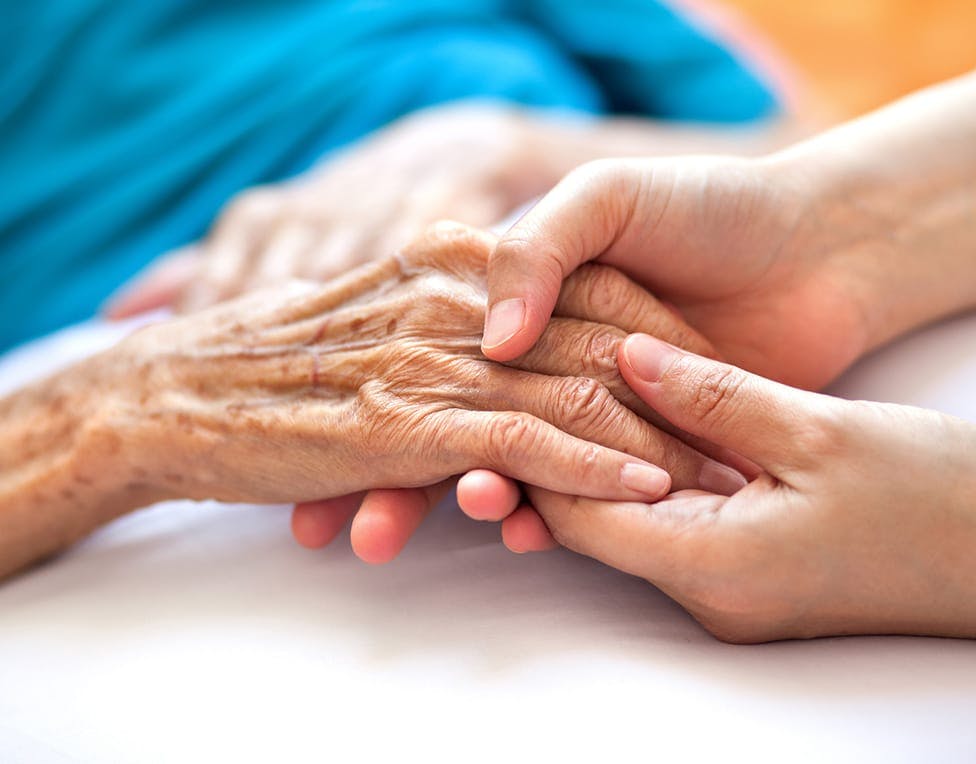From the moment we are born, our bodies need fuel to operate properly. Just like cars don’t work without gas or fuel, when a body is chronically malnourished or dehydrated, it cannot survive for very long and things begin to break down quickly in the absence of essential nutrients.
Identifying the Cause of Malnutrition and Dehydration in Nursing Homes
The two most common ways in which nursing home malnutrition takes place is either the nursing home’s failure to provide residents with nutrient-rich foods as part of their diet, or the nursing staff’s failure to provide the requisite amount of assistance to ingest food and water. Because some people in nursing homes cannot feed themselves, they must rely on the nursing home staff to directly provide the nutrients they need. However, because nursing homes are continually trying to improve their financial bottom line, they are frequently understaffed and unable to attend to this very basic need for all their residents. When there are not enough staff to care for the residents, they do not receive the nourishment they need.
Although that seems straightforward, it can be difficult to determine what constitutes “enough” staff. As seniors age, they often become more vulnerable and dependent on those around them and less able to physically and verbally advocate for themselves. In the same way that children at daycare centers must rely on their caretakers for everything, nursing home residents must rely on their caretakers to nourish them throughout the day. And while daycare centers have strict regulations governing the appropriate staff-to-child ratio, there is no comparable standard for nursing homes. As a result, nursing home residents are often left without enough people to properly care for them and slowly (or quickly) begin to starve and dehydrate. Some physical signs of nursing home malnutrition and dehydration include:
- Weight loss
- Overall weakness and fatigue
- Dental corrosion
- Depression
- Yellow skin
- White and brittle fingernails
- Disease severity
- Higher risk of infection
- Low body temperature
- Dry mouth
- Tremors
Ultimately, malnutrition in nursing home residents can have short-term and long-term impact. The sooner a problem is identified, the better. Unfortunately, when malnutrition and dehydration is not rectified, a completely avoidable death can occur and, while a family is busy grieving, the nursing home is usually busy covering up their actions and denying liability.



